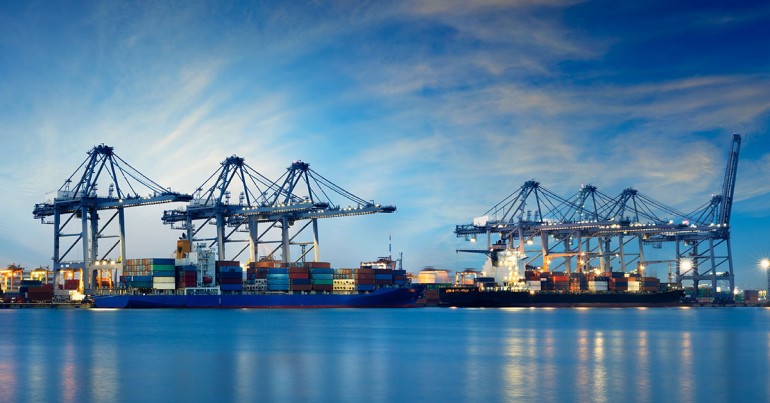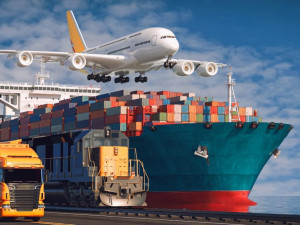
The free movement of goods within the EU is going to stop when the UK leaves the European Union in March 2019. Regulations are still being negotiated as the UK has a land border between Northern Ireland and the Republic of Ireland which has become an area of contention.
If a business is new to buying overseas there are several important issues to be dealt with before any shipment is made. However, once the goods are en-route to the UK, it pays to know in advance what the requirements of British import customs are.
The first question to ask is “do I need an import license?” That depends on what is being imported. Military or paramilitary goods, dual-use technologies, artworks, plants and animals are the most common goods that need a license. You can find the complete list by going to the official HMRC website found here.
To avoid rookie mistakes, it is important that businesses new to buying in foreign markets employ the services of a customs agent or customs broker. Sometimes called an import broker these are firms are often individuals who are completely up to date with all current regulation and will, for a fee, ensure that the paperwork for any import is complete,filled in correctly, and properly filed. Larger businesses often have a firm contracted to handle all their imports or in many cases set up a division within their own company if the number of imported items grows.
Check out the best transfer rates for importers & exporters!

Import tax is payable before the goods are released by the customs authorities. The shipping firm or forwarding agent that has been employed to deliver the goods will often handle the payment on the importer’s behalf and is reimbursed by the importing business. UK import duty rates vary but cannot be claimed back. If the business is registered for VAT, that can be claimed back. VAT is 20% on all costs (goods, freight and customs duty) so although import tax cannot be claimed back, the VAT portion can.
Refer to the import duty calculator since UK customs charges vary according to the value and type of goods imported. A customs clearance agent can answer all these questions and is often able to argue the case for lower duty where there is any dispute or doubt over the actual product being imported and its use.
Importing goods into the UK is neither onerous nor particularly complicated. It is, however, a matter that demands attention since “ getting it wrong” can lead to expensive delays and penalties.
Discover the best international transfer rates with CurrencyTransfer.com!

About Alan Hill
Alan has been involved in the FX market for more than 25 years and brings a wealth of experience to his content. His knowledge has been gained while trading through some of the most volatile periods of recent history. His commentary relies on an understanding of past events and how they will affect future market performance.”



